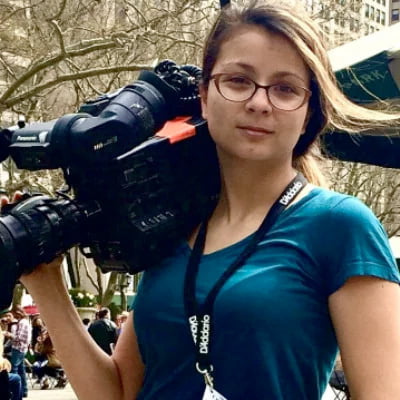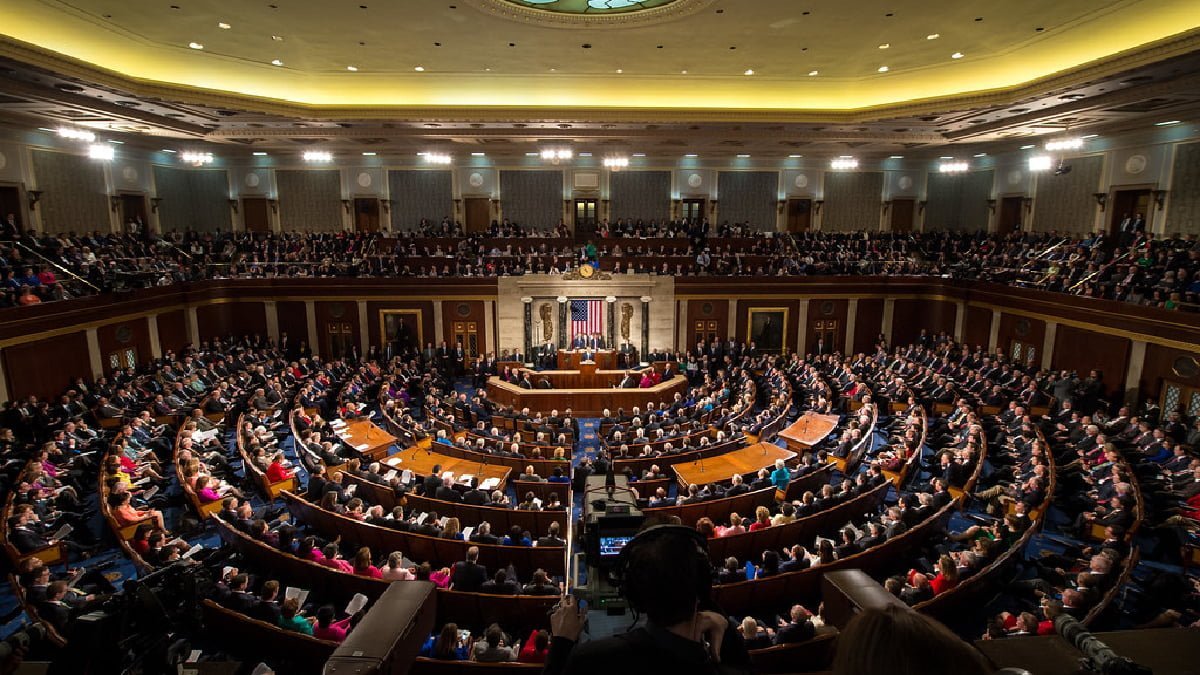While the world was distracted by Kate Middleton’s photo editing faux pas and Sunday night’s Oscars ceremony, actual news was happening around the globe. The United States evacuated the embassy in Haiti as gang violence in the country continues to soar. Two 18-year-olds were arrested and officials are looking for two more after they allegedly shot eight people at a bus stop in Philadelphia. Deadspin is dead after being sold and their entire staff laid off. What should be most concerning is five of the 45 Pulitzer Prize finalists used Artificial Intelligence.
Only journalists are required to tell if their Pulitzer Prize submissions used AI in the development of their story. 2024 is also the first year this was required by the Pulitzer board. In an interview with Neiman Lab, Pulitzer Prize administrator Marjorie Miller said, “[The Board] never considered restricting AI usage because they felt doing so would discourage newsrooms from engaging with innovative technology.”
As the Pulitzer Board allows AI to slip into their ranks, outlets like AP, AFP, Getty, and several others have developed standards to protect their editorial integrity from any of the technology’s potential dangers. This week, these same outlets (AP, AFP, Getty) pulled Princess Kate’s photo because of the editing and possible AI usage, protecting the outlets’ integrity.
Meanwhile, protecting journalists’ written words from AI will continue to be a challenge. In an open letter to lawmakers, the joint letter posted by AFP said, “We are advocating for regulatory and industry action including:
Transparency as to the makeup of all training sets used to create AI models.
Consent of intellectual property rights holders to the use and copying of their content in training data and outputs.
Enabling media companies to collectively negotiate with AI model operators and developers regarding the terms of the operators’ access to and use of their intellectual property.
Requiring generative AI models and users to clearly, specifically, and consistently identify their outputs and interactions as including AI-generated content.
Requiring generative AI model providers to take steps to eliminate bias in and misinformation from their services.”
While this AFP post came in August 2023, just a few months later The New York Times (who is not a signatory on the above-mentioned letter) sued Chat GPT for copyright infringement. The Times said, “The lawsuit contends that millions of articles published by The Times were used to train automated chatbots that now compete with the news outlet as a source of reliable information.”
The outlet later noted that Microsoft would “indemnify” customers using its A.I. tools were hit with copyright complaints. It could become mighty expensive for Microsoft and Chat GPT if lawsuits like this become more prevalent.
The Times is not the only outlet suing an AI company. Getty Images sued Stability AI, for infringing on their copyright. What may come as a surprise is the outlet is also using Artificial Intelligence to generate images for their subscribers. Getty’s CEO Craig Peters told AP, the service is “commercially viable” and “wasn’t trained on the open internet with stolen imagery.” However, this is semantics.
What’s good for the goose is not good for the gander just because you can create custom AI photos for your customers does not mean you should. Furthermore, if Getty were really concerned about the dangers of AI they would ban it from their system just as they did the photoshopped image of Princess Kate.
This brings us back to the Pulitzer Prize. Because AI is not subject to copyright laws if an AI submission does win this award season the original source, which AI essentially stole from, should also receive the Pulitzer. If not, it would bring awards and humanity down a deep dark rabbit hole. Not only would AI winning a Pulitzer prove robots can do our job better, it reflects back to us the state journalism is in.
Artificial intelligence winning a Pulitzer tells humanity to give up now because a robot will do your job better. A robot will steal your words and you will receive no credit or recognition for your work. Stop while you are behind because technology won’t just become smarter than you it will replace you. AI winning a Pulitzer means journalism is no longer in the hands of humanity but in the algorithm of those looking to rewrite the past, present, and future.
Humans should not be competing with Artificial Intelligence. If an AI submission does win, the possibility of losing more industry jobs to a robot will be more imminent than ever. The Pulitzer Prize winner will be announced on May 8th.

Krystina Alarcon Carroll is a news media columnist and features writer for Barrett Media. She has experience in almost every facet of the industry including: digital and print news; live, streamed, and syndicated TV; documentary and film productions. Her prior employers have included NY1 and Fox News Digital and the Law & Crime Network. You can find Krystina on X (formerly twitter) @KrystinaAlaCarr.






